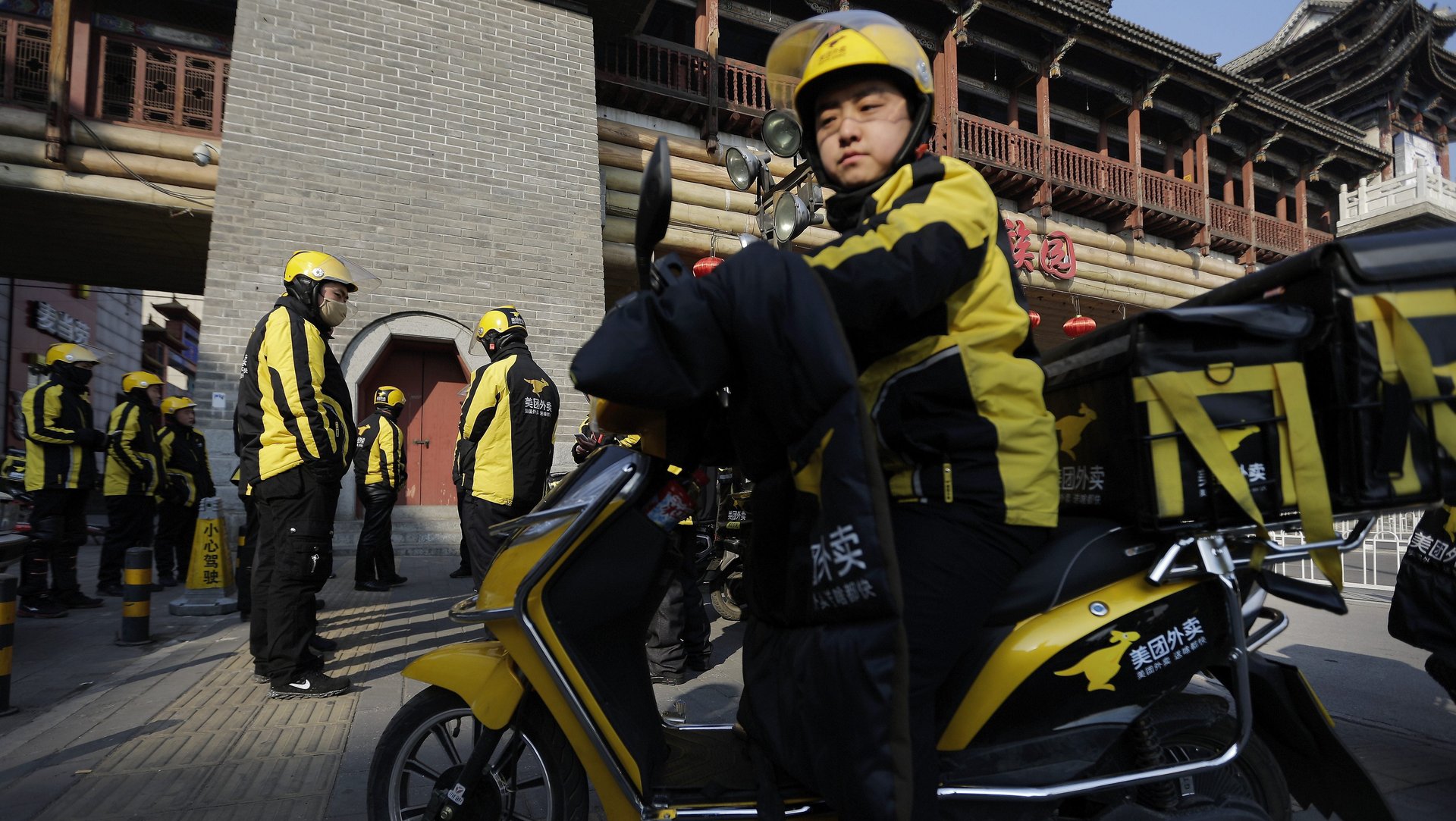It’s too soon to get excited about Didi’s planned union for workers
Chinese ride-hailing giant Didi Chuxing and e-commerce firm JD.com are establishing unions for their staff, an unusual move in China that comes as leader Xi Jinping has expressed greater concern about inequality and excessive wealth that only a few enjoy.


Chinese ride-hailing giant Didi Chuxing and e-commerce firm JD.com are establishing unions for their staff, an unusual move in China that comes as leader Xi Jinping has expressed greater concern about inequality and excessive wealth that only a few enjoy.
The tech firms didn’t immediately reply to a request for comment.
The new unions are likely a response to Beijing’s growing scrutiny of tech giants’ treatment of workers, whose work hours and low pay have drawn increasing public concern due to a mix of worker complaints and Chinese exposes on the topic. In July, the state-backed All-China Federation of Trade Unions, almost the only approved workers’ union in the country, jointly issued guidance along with seven government departments, including the Ministry of Human Resources and Social Security, on how companies could improve work conditions for gig workers.
The guidelines called on companies to make sure riders’ earnings meet local minimum wage standards—a requirement that can fall through the cracks for workers hired through third-party labor providers, a common practice in the industry—and to help them to get health insurance. Lengthy hours are also drawing scrutiny. Last week, China’s top court emphasized that the “996” work schedule, which refers to work from 9am to 9pm, six days a week, is illegal in a fresh warning to China’s tech companies that have embraced the schedule.
Didi may be especially keen to show it’s paying attention to Beijing’s instructions on workers. It already faces a cybersecurity investigation from China’s top internet regulator over fears the company’s massive user data could fall into the hands of foreign governments after the firm listed in the US.
Regardless of the possible motives the companies have for establishing these unions, on the surface this is welcome news for the country’s roughly 78 million gig workers, who have had little protection thus far.
But it’s unclear how effective these internal unions will be in advocating for workers, given Beijing’s general tendency to restrict grassroots activism, and its past harassment and detentions of workers or students who engaged in labor activism. What will that mean for those employees who take an active role in these unions?
Earlier this year, a food delivery worker who advocated for fellow workers’ rights was reportedly arrested by Chinese authorities. Recently, Fang Ran, a PhD student who studies China’s labor rights movement at the University of Hong Kong, was put under house surveillance by the national security department in the city of Nanning on suspicion of “inciting subversion of state power,” according to Hong Kong news outlet HK01.
Meanwhile, the state-backed ACFTU of around 300 million members, which will guide the unions, has been seen by labor rights groups as “a servant of the Chinese Communist Party” and not efficient enough at helping to resolve workers’ complaints, despite some progress made by local trade unions.
Until it becomes clearer how much room the state is really willing to give to these internal worker unions, it’s too early to get excited.